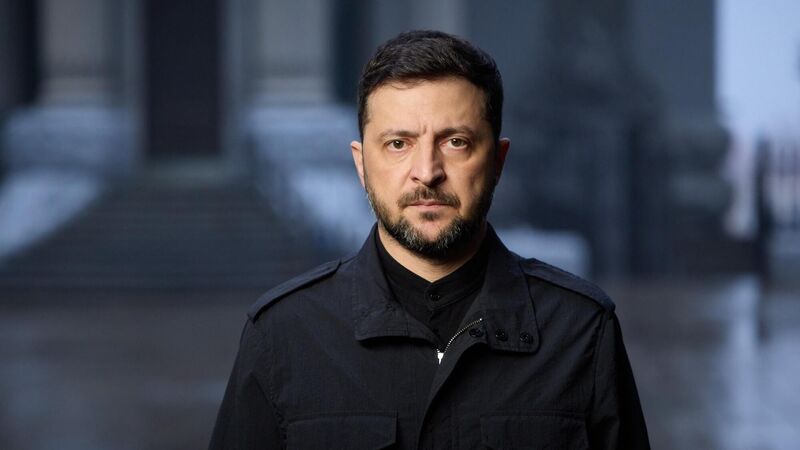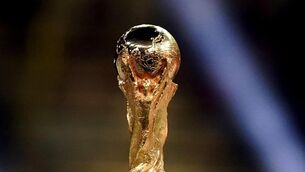Zelenskyy says Ukraine has impossible choice as Trump pushes plan to end war

Ukraine's President Volodymyr Zelenskyy looks into the camera while delivering a video address to the nation in Kyiv. Picture: Press Service Of The President Of Ukraine/AP
Volodymyr Zelenskyy has said Ukraine faces one of the most difficult moments in its history, after Donald Trump demanded Kyiv accepts within days a US-backed "peace plan" that would force it to give up territory to Russia and make other painful concessions.
Trump confirmed on Friday morning that next Thursday — Thanksgiving in the US — would be an “acceptable” deadline for Zelenskyy to sign the deal, which European and Ukrainian officials have said amounts to a “capitulation”.











